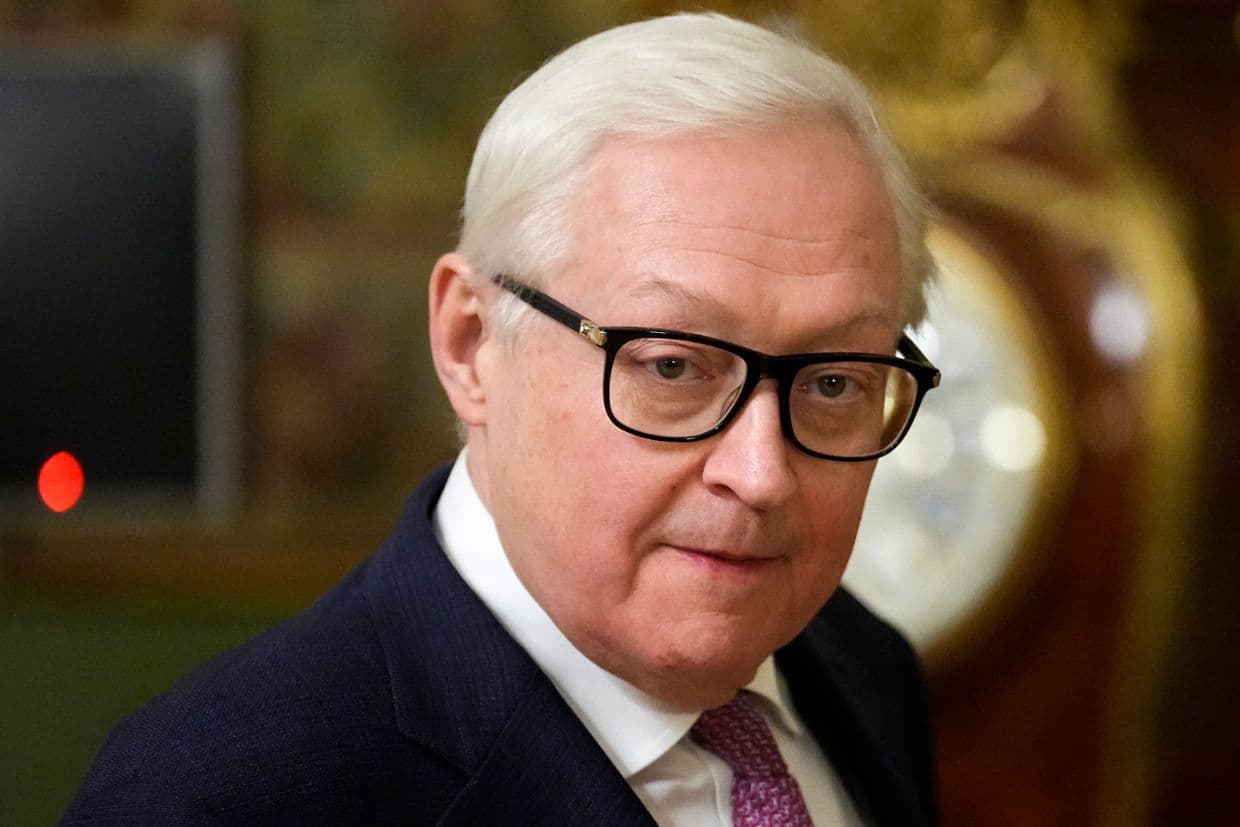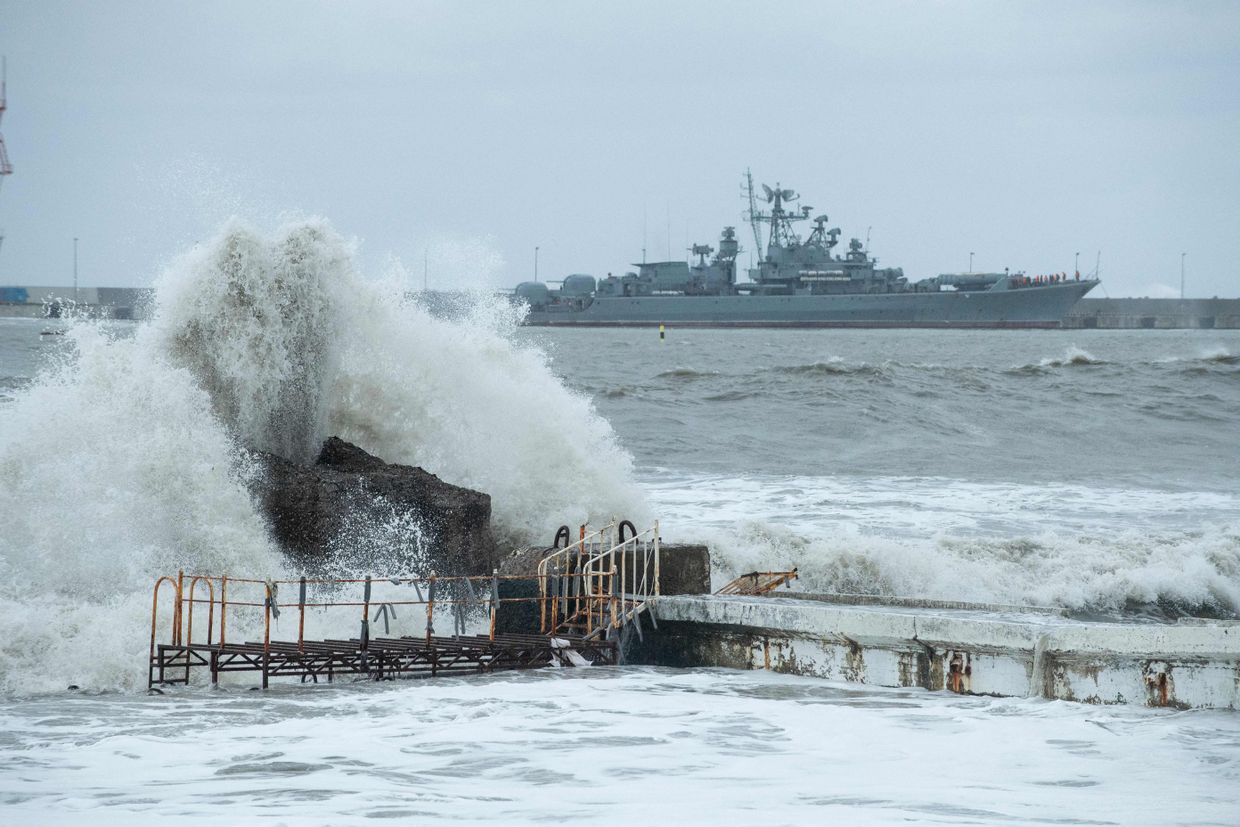Trump's Ukraine ceasefire proposals don't address 'root causes' of war, Moscow claims

Russia takes U.S. proposals for a ceasefire in Ukraine "seriously" but cannot accept them "as they are now," Russian Deputy Foreign Minister Sergei Ryabkov said in an interview with Russian magazine International Affairs Journal published on April 1.
"We have not heard a signal from (U.S. President Donald) Trump to Kyiv to end the war," Ryabkov said in the excerpt of the interview.
"All that exists today is an attempt to find some kind of a scheme that would first allow us to achieve a ceasefire, as the Americans think of it."
The Trump administration has sought to broker a ceasefire in Ukraine as the first step toward a broader peace deal. Kyiv agreed to a full 30-day truce during talks with the U.S. on March 11, but Moscow rejected this proposal unless it included conditions undermining Ukraine's ability to defend itself, including a full halt on foreign military aid.
The U.S. subsequently held technical talks with Ukraine and Russia in Riyadh last week, after which the three parties agreed to a partial ceasefire on strikes against energy facilities and in the Black Sea.
Kyiv has already accused Russia of violating the energy ceasefire, while Moscow has made similar accusations. The future of the Black Sea ceasefire is also in doubt as Moscow has linked it to the lifting of Western sanctions on food producers and some financial institutions.
According to Ryabkov, Washington's proposals failed to address what he calls the "root causes of this conflict."
Moscow has not backed down from its demands for a peace deal in Ukraine, including a ban on joining NATO and Kyiv's withdrawal from four of Ukraine's partially occupied regions: Donetsk, Luhansk, Kherson, and Zaporizhzhia oblasts.
In turn, Kyiv has rejected recognizing its occupied territories as Russian and any restrictions on joining foreign alliances like NATO or the EU.
While U.S. President Donald Trump has already ruled out Ukraine's NATO membership and made clear he expects Kyiv to make territorial concessions, the White House is growing frustrated with Russian delays on a ceasefire deal.
Trump acknowledged on March 25 that Russia may be "dragging their feet" in peace talks, while Kyiv and other observers warn that Moscow intentionally prolongs the process to allow Russian forces to capture more territory.











